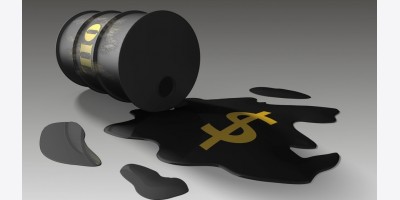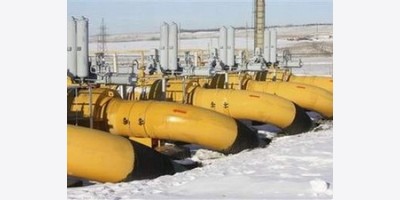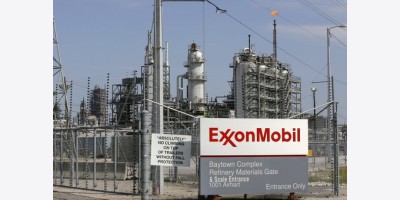The Bach Ho Oil Field in southern Vietnam. Photo: Vietnam News Agency
Vietnam, an energy exporting country, is struggling to deal with the negative impacts of lower oil prices as revenue shortfalls make lingering fiscal weaknesses even more visible, economists said.
Oil prices have fallen to a 6.5-year low on Monday, amid continued worries of high global oil supply while investors expect the demand from China to remain weak due to its growth slowdown.
Already trading at six-year lows on a prolonged slump, US crude fell $2.21 to $38.24 per barrel, according to the Associated Press. Oil hadn't closed below $40 since February 2009.
Falling oil prices have cut Vietnam’s export revenues, dealing a strong blow to the state budget, economist Le Dang Doanh said.
The country exported over 5.3 million tons of crude oil worth $2.45 billion between January and July, down 0.3 percent in volume and 47.1 percent in value over the same period last year, according to the General Statistics Office.
With lower export earnings, crude oil’s contribution to the state budget fell 34 percent year-on-year to VND42 trillion ($1.9 billion) in the first seven months.
The smaller collection from crude oil was partly to blame for the widening budget deficit, which hit $4.5 billion at the end of July, according to the Ministry of Finance.
Earlier, Minister of Planning and Investment Bui Quang Vinh said every $1 drop in the per-barrel price has translated to a VND1 trillion ($47.62 million) loss for the state budget.
“The government has tried to reduce its budget deficit, but it is not easy,” Doanh said.
He said budget revenues will continue to decrease amid falling oil prices, while government spending is still rising.
Last year earnings from crude shipments accounted for 10 percent of the country’s state budget.
Overspending
The Wall Street Journal reports that analysts at Citigroup think there is “a 90 percent likelihood” that oil prices will drop closer to $30 a barrel very soon.
“We should review budget collection and spending, ensuring that money is spent effectively,” Doanh said.
Overspending, combined with corruption and wastefulness, has put a big burden on the state budget and affected the whole economy, Doanh said.
“Irrespective of oil price movements, we still need to restructure public spending, because the debt burden is growing,” he said.
Doanh said to minimize revenue losses caused by price drops, the government should reduce tapping oil in some fields with high extraction costs, Doanh said.
The country had originally planned to produce 14.74 million tons of crude oil this year, but due to lower prices, it may need to raise the output by at least one million tons, Minister of Industry and Trade Vu Huy Hoang said recently.
Vietnam produced 8.38 million tons of crude oil over the first half of 2015, up 11 percent year-on-year.
Cheaper gas
There have been minimal gains from the fall of oil prices.
The government has asked fuel traders to cut retail prices four times since June, which in theory could help many businesses reduce their production costs and boost sales.
But economists have seen very little impact from cheaper gasoline prices.
In the latest cut on August 19, pump prices in Vietnam went down 4 percent.
“The effort is certainly appreciated, but the reduction is too small. It can't help businesses cut prices,” said economist Nguyen Minh Phong.
Many transport companies, whose fuel costs account for around half of all expenditure, have not lowered service prices after recent cuts in gasoline prices. Some claimed that they did not raise prices when gas prices were high.
Local authorities should take more strict measures to ensure that costs of transport services and goods would decrease in line with gasoline price reductions, Phong said.
The economy grew 6.28 percent in the first six months, the highest since 2010.
Minister of Planning and Investment Bui Quang Vinh said the growth was higher than expected. However, he cautioned that it was still driven by oil production.
Vietnam has targeted a GDP growth of 6.5 percent for the whole year.
There have been concerns that growth targets in the near future may become harder to achieve unless Vietnam increases its crude outputs.























